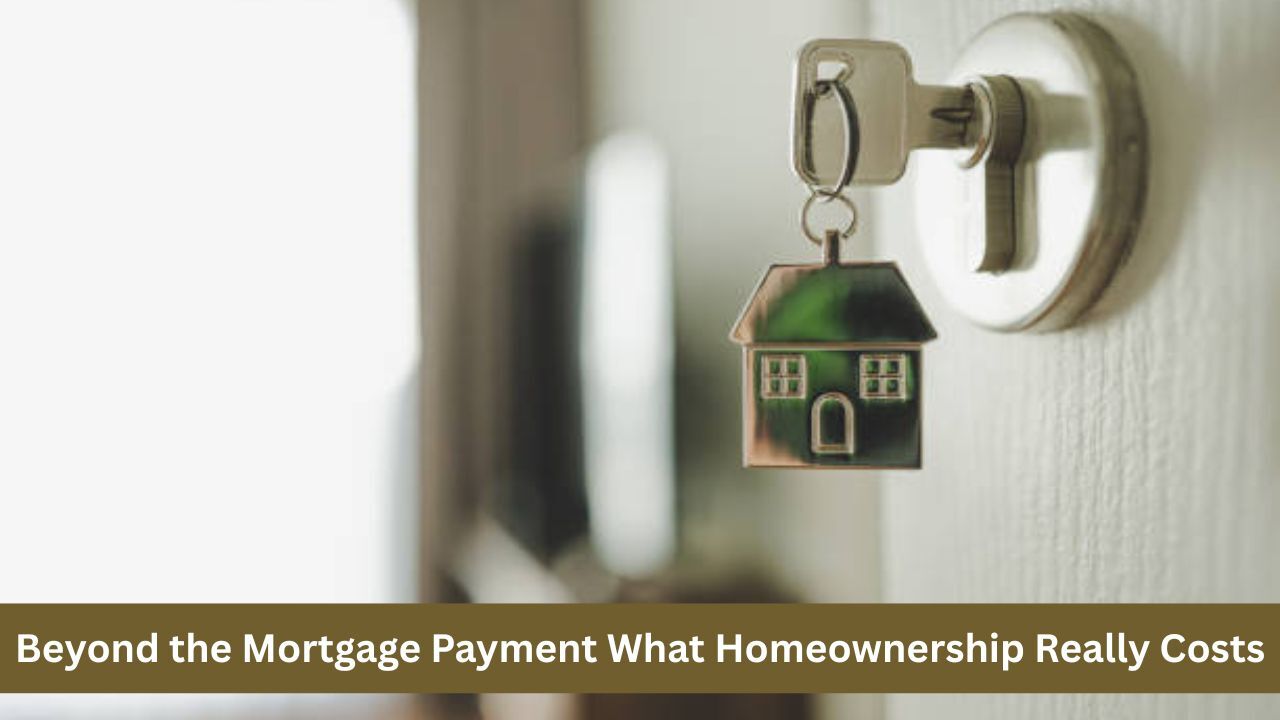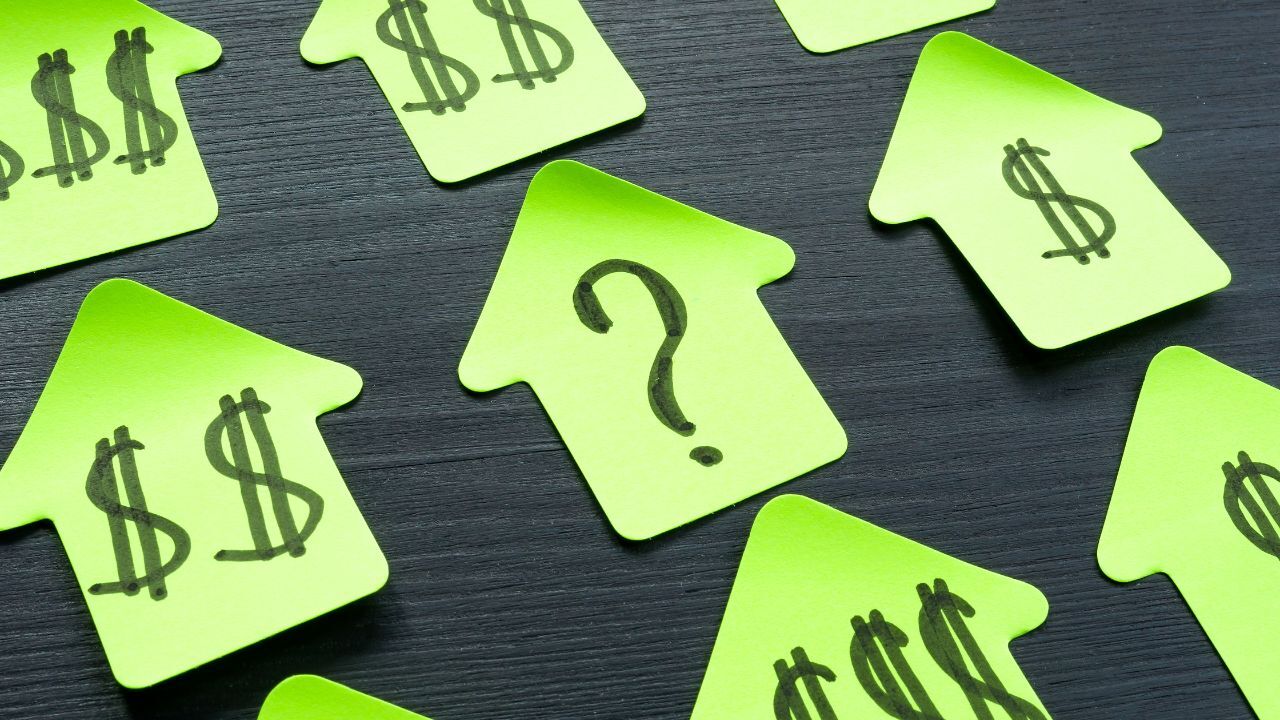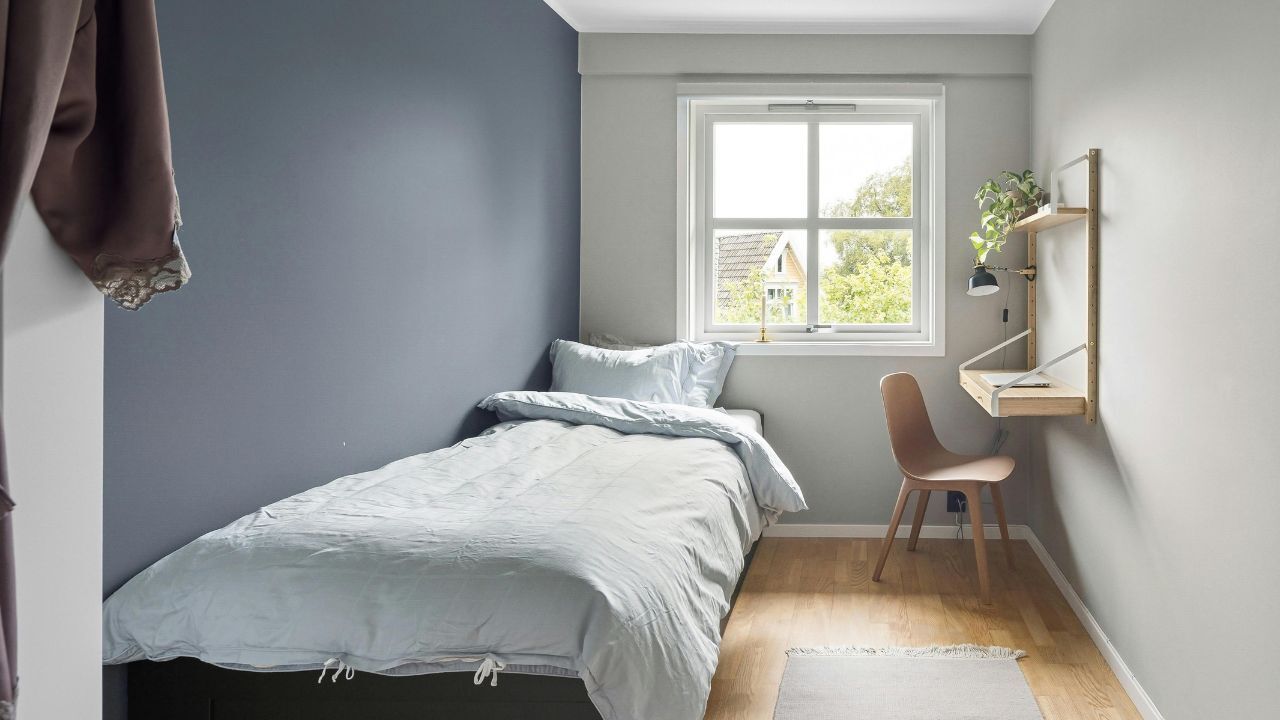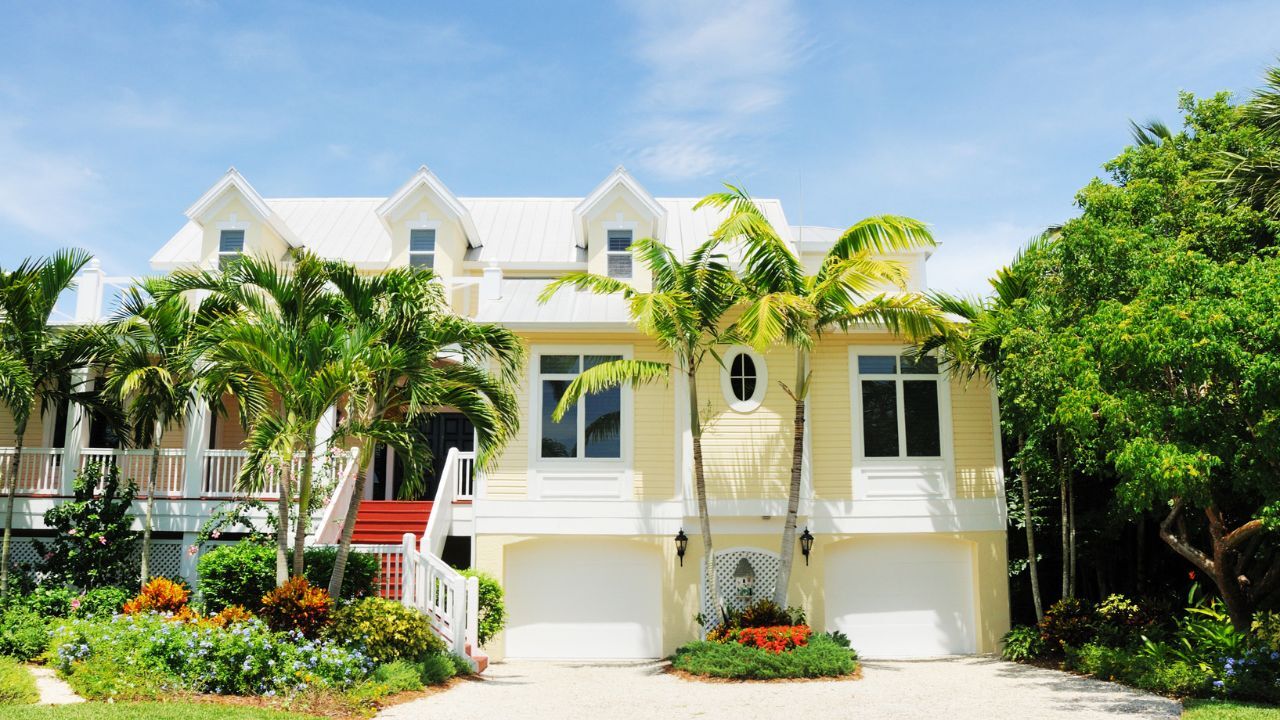 Owning a home is a major milestone and a meaningful investment. It offers stability, personal freedom, and the chance to build equity over time. However, while many buyers focus on saving for the down payment and qualifying for a loan, there are additional expenses that often catch new homeowners off guard. Understanding the hidden costs of homeownership can help you prepare financially and avoid surprises.
Owning a home is a major milestone and a meaningful investment. It offers stability, personal freedom, and the chance to build equity over time. However, while many buyers focus on saving for the down payment and qualifying for a loan, there are additional expenses that often catch new homeowners off guard. Understanding the hidden costs of homeownership can help you prepare financially and avoid surprises.
Property Taxes and Insurance
Once you own a home, you are responsible for property taxes, which vary depending on your location and the value of your property. These are recurring costs that can increase over time. Homeowners insurance is also required by most lenders and protects your property from damage or loss. Both of these expenses are often included in your monthly mortgage payment, but they can still add up significantly each year.
Maintenance and Repairs
Even a well-maintained home will require ongoing care. From replacing air filters to fixing a leaky faucet, these tasks are part of protecting your investment. Larger repairs, such as a new roof, water heater, or HVAC system, can be costly and are sometimes unexpected. A good rule of thumb is to budget one to two percent of your home’s value annually for maintenance and repairs.
Utilities and Services
As a homeowner, you are now fully responsible for all utilities, including water, electricity, gas, trash collection, internet, and more. Depending on the size and age of your home, these costs can vary. You may also choose to hire services for landscaping, pest control, or regular cleanings, all of which should be factored into your monthly budget.
Appliances and Furnishings
When you buy a home, you may need to purchase or replace appliances such as a refrigerator, washer and dryer, or stove. Furnishing your new space can also be more expensive than expected, especially if you are moving into a larger home. Planning for these purchases ahead of time can help you avoid financial strain after move-in.
Homeowners Association Fees
If your property is part of a planned community or condominium complex, you may be required to pay homeowners association fees. These fees help maintain common areas, amenities, and community standards, but they can be hundreds of dollars per month depending on the location and services provided.
Plan Ahead and Stay Informed
The key to handling the hidden costs of homeownership is to plan ahead. Build a savings cushion, understand your monthly and annual expenses, and prioritize preventive maintenance to avoid larger issues down the road. A trusted real estate agent can help you understand the full financial picture before you buy, so you can move forward with confide
 Buying a home is one of the largest investments most people will make. It is exciting, but it can also feel overwhelming, especially when you are trying to decide whether the home you love is priced fairly. So how do you know if you are getting a good deal? The answer involves more than just looking at the listing price. Here are the key factors to consider.
Buying a home is one of the largest investments most people will make. It is exciting, but it can also feel overwhelming, especially when you are trying to decide whether the home you love is priced fairly. So how do you know if you are getting a good deal? The answer involves more than just looking at the listing price. Here are the key factors to consider.
 When it comes to selling a home, not every room needs to be oversized to impress potential buyers. While large bedrooms may be ideal, smaller spaces can still add value if they are presented well. If your home has compact bedrooms, there are strategic ways to highlight their functionality, comfort, and charm. With the right approach, you can turn a perceived drawback into a unique selling point.
When it comes to selling a home, not every room needs to be oversized to impress potential buyers. While large bedrooms may be ideal, smaller spaces can still add value if they are presented well. If your home has compact bedrooms, there are strategic ways to highlight their functionality, comfort, and charm. With the right approach, you can turn a perceived drawback into a unique selling point. The idea of owning a vacation home is a dream for many. Imagine having a personal getaway spot to escape the everyday hustle, a place where you can unwind and make memories with family and friends. While the idea is appealing, owning a second home is a big decision that comes with both advantages and responsibilities. If you are considering purchasing a vacation home, it is important to weigh the pros and cons before moving forward.
The idea of owning a vacation home is a dream for many. Imagine having a personal getaway spot to escape the everyday hustle, a place where you can unwind and make memories with family and friends. While the idea is appealing, owning a second home is a big decision that comes with both advantages and responsibilities. If you are considering purchasing a vacation home, it is important to weigh the pros and cons before moving forward.